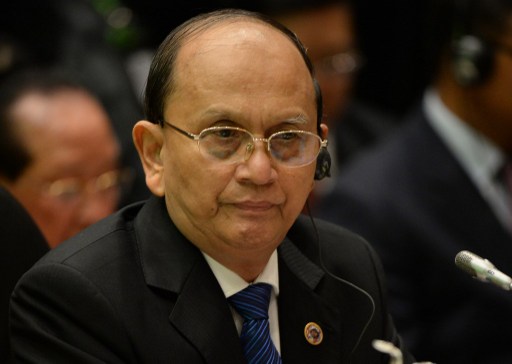Leaders of seven regional partner nations convened in Naypyidaw this weekend for a summit on South and Southeast Asian development.
The Bay of Bengal Initiative for Multi-Sectoral Technical and Economic Cooperation (BIMSTEC) was established in 1997 with the aim of improving trade, transit and economic development among its members.
The initiative’s seven member nations are Bangladesh, Bhutan, Burma, India, Nepal, Sri Lanka and Thailand. Delegates have descended on Burma for the conference, scheduled from 1-4 March.
Member nations assume leadership of priority sectors, to encourage skill, technology and resource sharing catered to each partner’s strengths. Burma leads the BIMSTEC agricultural development agenda.
Burma also provides South Asia with important transport links to mainland Southeast Asia, as well as access to China. BIMSTEC representatives have stated intention to reach a free trade area agreement by 2017.
The bloc has been instrumental in the rollout of India’s “look east” policy, the cornerstone of northeast India’s development agenda which has recently encountered some roadblocks.
However, developments like the Kaladan Multi-modal Transit Transport Project, central to the policy, could serve to ease Burma’s dependence on Bangladesh as a transit route between the Bay of Bengal and Kolkata, diverting the pressures of a border fraught with anxiety.
Bangladesh has fully closed off its border with Burma on multiple occasions, most recently in November last year, and has claimed that their entire 30,000 Rohingya population has illegally crossed the border from Burma.
Bangladesh’s The Daily Star reported official confirmation on Monday that “repatriation of listed Rohingya refugees and undocumented Myanmar [Burma] citizens” would be discussed on the summit sidelines between Bangladeshi Prime Minister Sheikh Hasina and Thein Sein.
[related]



